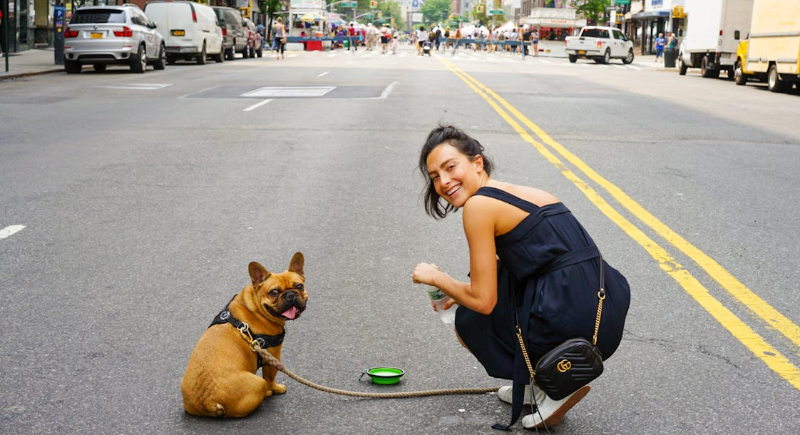An Italian Tourist Town Has Introduced a New Tax Specifically for Visiting Dogs
Tourists heading to the northern Italian city of Bolzano with their dogs will soon need to plan for an extra expense. Starting in 2026, the city will charge visiting pet owners a daily fee of €1.50 (around $1.60). Local residents will pay €100 a year for each dog. The move has stirred strong reactions, both from locals and tourists who see it as either a practical solution or an unnecessary penalty.
Bolzano, located in South Tyrol, is surrounded by the Dolomite Mountains and has become one of northern Italy’s most popular destinations. Officials say the increase in visitors, many of whom travel with pets, has created sanitation concerns related to dog waste. The tax aims to help fund street cleaning, install more waste bins, and build additional dog-friendly areas to improve cleanliness and public hygiene.
The Plan Behind The Pooch Tax

Image via Pexels/Megan (Markham) Bucknall
Provincial Councillor Luis Walcher, who proposed the new rule, called it a fair way to hold dog owners accountable for keeping streets clean. Those who already registered their dog’s DNA under an earlier city program will skip the new fee for the first two years.
The DNA system helps identify owners who leave waste behind. Samples from uncollected droppings can be traced back to a database, and fines of up to €600 (about $650) can follow. By tying this registry to the new tax, the city hopes to cut repeat offenses and simplify enforcement. Walcher says it also prevents non-dog owners from footing the bill for cleanup, noting that public crews spend too much time collecting waste left by a few careless people.
Growing Frustration Among Animal Advocates
Animal protection groups have voiced their frustration. Carla Rocchi, president of ENPA, Italy’s national animal welfare organization, criticized the measure, saying it unfairly targets responsible pet owners and risks discouraging animal-friendly tourism.
She believes the policy sends the wrong message by “turning animals into cash machines.” Rocchi has urged the city to focus on civic education, public awareness, and stricter enforcement rather than new fees.
Critics also worry that taxing dogs could discourage responsible pet owners from traveling or registering their animals. For families who plan trips around their pets, added costs might make pet-friendly tourism less appealing. Rocchi argues that cities like Bolzano, which rely heavily on hospitality, should be encouraging inclusive and respectful travel instead of creating financial barriers.
Timing And Tourism

Image via iStockphoto/Kirk Fisher
The new measure comes as Bolzano continues to experience an increase in tourism across South Tyrol. City officials expect a higher number of visitors and their pets in the coming years and hope the new rules will help maintain cleanliness before international attention rises during major sporting events in northern Italy.
The proposed tax still needs final approval from the provincial council, but it reflects a larger shift in Italy’s tourism strategy. Other regions, such as Venice and the Dolomites, have already introduced entry fees or crowd-control systems to reduce the impact of overtourism.
A Paw-Sized Price For Clean Streets
Supporters argue that the €1.50 daily tax is a small price to pay for well-maintained public areas, especially if it funds new dog parks and cleaning crews. Opponents view it as an unnecessary burden that could discourage responsible travelers. Either way, Bolzano’s proposal has made it one of the first European cities to consider a tax specifically for visiting dogs.
When 2026 arrives, travelers bringing their dogs to northern Italy may need to add a few euros to their travel budget. The fee might be minor, but the debate it sparked shows how even small policy changes can influence the future of tourism and how communities share their public spaces.